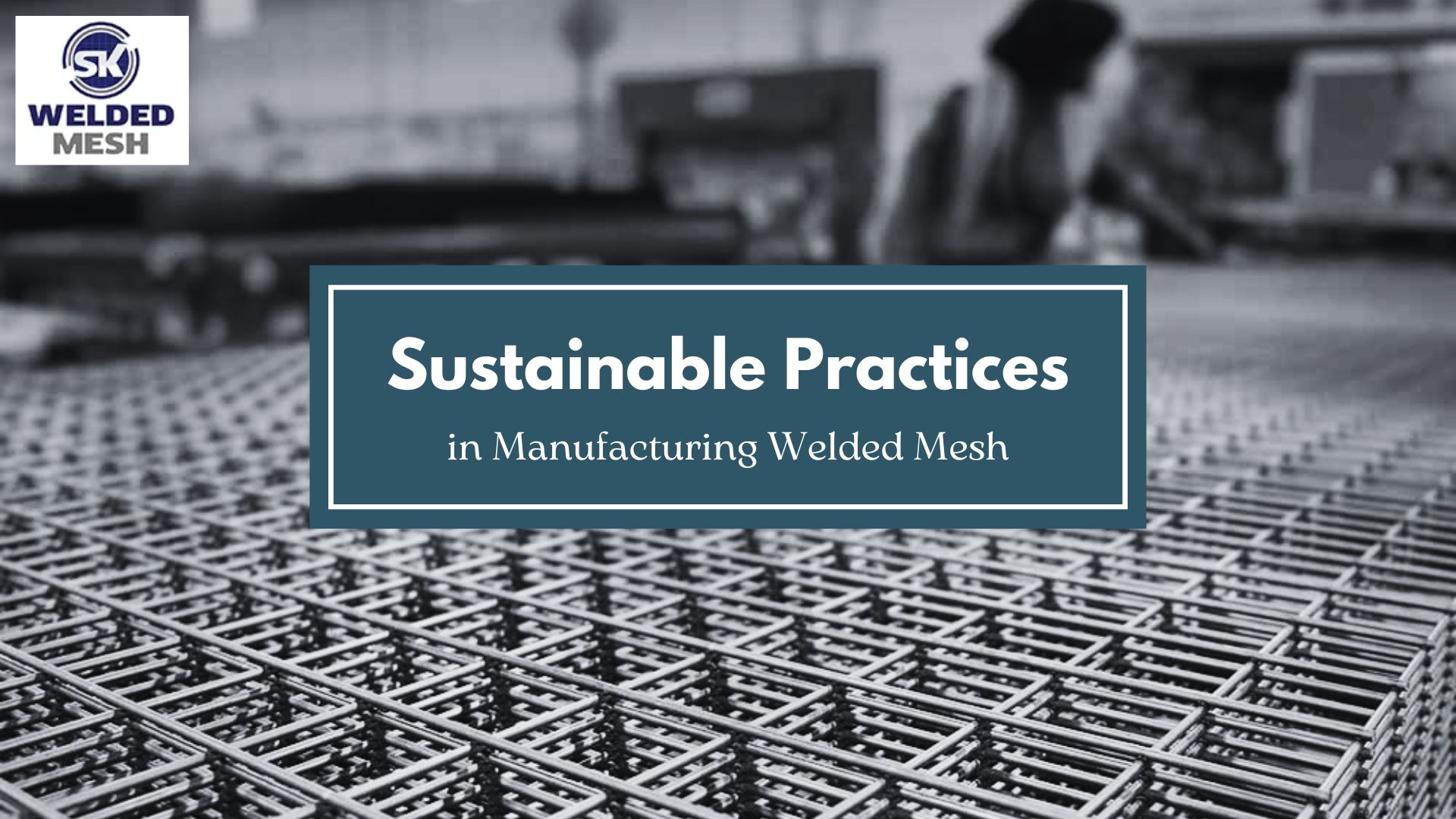

As concerns grow over environmental impact, welded mesh manufacturers have started adopting more sustainable practices.
Companies are reducing the carbon footprint of welded mesh while setting new industry standards by integrating green initiatives into production methods.
The main areas where sustainable gains are made include recycling, energy efficiency, water use, and material waste.
Renewable energy integration has become more commonplace as a route to reducing fossil fuel dependence.
Solar and wind power help lower grid reliance.
Energy-efficient equipment and optimized production methods also notably lower overall energy consumption related to welded mesh manufacturing.
The combined impact of these efforts tangibly shrinks the carbon footprint.
Water usage is another key focal area when it comes to sustainability.
Closed-loop water systems that recycle and reuse water for cooling and cleaning have allowed manufacturers to dramatically lower their water withdrawal rates.
Some facilities also now leverage advanced water treatment solutions to guarantee any water discharged meets environmental standards, preventing pollution risks.
As welded mesh manufacturers adopt greener practices, they’re also rethinking traditional protective coatings and treatments, which can pollute.
While effective at preventing corrosion, conventional galvanizing methods using toxic chemicals can harmfully impact the environment.
In response, welded mesh product manufacturers have introduced safer eco-coatings that don’t compromise quality or longevity.
Innovations in the galvanizing process now mitigate emissions and waste at the source. Some factories have installed closed-loop systems to capture, treat, and reuse chemicals onsite, curbing contamination risks.
The development of advanced coatings helps further enhance the durability of finished welded mesh while using no heavy metals or VOCs.
Alongside sustainable production changes, more sustainable packaging and transport options help minimize waste.
Manufacturers increasingly use biodegradable materials for packaging welded mesh, avoiding landfill accumulation.
For distribution, optimized logistics that consolidate shipments and calculate efficient routes cut fuel needs and emissions, thereby reducing the carbon footprint.
As the welded mesh industry continues to implement better environmental practices, using non-toxic coatings and treatments, closed-loop production systems, biodegradable packaging materials, and streamlined transport will become standard.
The commitment to sustainability shows these initiatives benefit the planet and make good business sense.
More manufacturers are proving it’s feasible to make quality welded mesh products while fully respecting ecological boundaries.